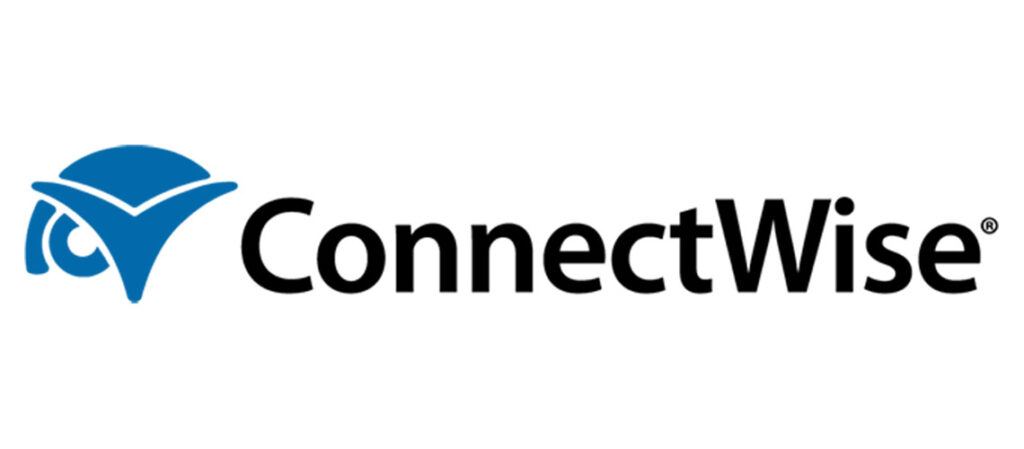If you have not ever outsourced your IT before, it can be a big step. However, when outsourcing your IT, you can access skilled expertise, cost savings, flexibility and effective IT functionality to keep your business growing. But how do you choose the right IT outsourcing partner? Choosing the wrong one could be costly and have a detrimental effect on your business. For example, if your network or emails went down or someone breaches your network or your data was stolen, destroyed or held to ransom. So, we’ve created a comprehensive IT outsourcing checklist to help you choose the right IT provider for your business.
With over 20 years of experience serving a range of loyal clients, we often get approached by prospects who are not getting the quality of service they require.
It is often hard to compare service providers, so hopefully, this list of questions will give you that peace of mind and help you choose the right IT outsourcing partner.
Step 1 in the IT outsourcing checklist – Understand your IT needs.
Take the time to analyse your IT systems and understand what your needs are. Here are the questions you have to ask yourself first.
1. Do you need to save money?
Sometimes an out-of-date IT support contract will have you paying too much for what you are getting. Your business might have changed or adapted since then. Therefore, there might be a cost-saving solution.
2. What is your budget?
Your budget will help you narrow down your potential IT provider. However, do not choose your IT company purely based on the cheapest as this will cost you down the line.
3. Do you require better support?
Outline what you are currently unhappy with if you have an IT outsourcing partner who is not filling your needs. Furthermore, let them know what improvements you expect. Being open and honest at the start will help you get your relationship on the right foot. It will also determine what your needs are and if you are the right fit for each other.
4. Are you looking to free up your time?
Let them know if you want to take more of a back seat or not in terms of IT management.
5. Do you want to reduce risk?
If you are worried about a particular risk, you should look for an IT partner that specialises in that risk.
6. Determine what type of IT support that you need.
For example, here are some of the IT services we provide.
- 24/7 service desk support
- 24/7 network monitoring
- IT service delivery management
- Proactive IT support
- Remote IT support
- Onsite IT support
- Out-of-hours IT support
- Dedicated service desk
- Network support
- IT strategy
- IT projects
- Cloud management
- IT security
- Cybersecurity
- Communications
7. Do you have any specific technology, application or software?
Make sure that the IT provider that you choose has experience in supporting this technology.
8. What is your industry vertical?
It is good to choose an IT provider who has experience supporting other companies in your industry because particular industries require particular support. Alternatively, experience in a particular industry is transferable to other industries.
9. Do you require your IT provider to have any particular certifications?
Some businesses require their partners to have particular industry quality accreditations to meet their regulations like ISO2001 or ISO27001.
Step 2 in IT outsourcing checklist – Data Gathering
Once you have shortlisted your IT providers, you can contact them and ask some of these questions to determine their knowledge and expertise.
1. Have they ever supported a company like yours?
If they have supported a company similar to yours, they will have a good idea of your needs.
2. Do they have any relevant case studies?
Case studies will give you insights into what projects the company has been involved with, giving you a grasp of their understanding, especially if it is similar to your vertical.
3. Do they have experience supporting your specific technology?
You want to make sure your IT provider is proficient with your technology to reduce the risk of incidents.
4. What is the worst disaster they have faced with their clients in the past year?
And how did they solve it? A question like this will show how resilient they are at dealing with issues under pressure.
5. Do they have a customer service policy to ensure guaranteed satisfaction?
Make sure it aligns with your business needs.
6. Do they have insurance?
Any IT support provider should have business insurance covering a minimum of £1m to cover any expensive disaster that could happen.
7. Are they certified with the certifications you require?
If you ask, they will show you the certifications.
8. Does the company outsource any of its technical support?
Make sure you know where your IT support is coming from and if it suits your business goals.
9. Do they provide training for their engineers?
One of the advantages of outsourcing is getting access to expertise. Make sure that you are getting the trained experts.
10. Are there living procedures that IT engineers can use to find solutions?
The life-blood of IT support is evolving processes as IT is a constantly changing industry. Living procedures will also help them solve day-to-day IT issues quickly.
11. What are their partner levels?
Find out what accreditations they have with common vendors, for example, Gold or Silver Microsoft Partner.
12. Do they understand GDPR compliance?
They should have a policy that shows they are GDPR compliant. GDPR will ensure your systems and data are secure.
13. How many engineers do they have?
Make sure they have enough resource to support your needs.
14. What is their customer retention rate?
Knowing how loyal their customers are will tell you how good of an IT support company they are.
15. What was their most recent complex onboarding?
This question will determine how resilient the company is in their onboarding process.
16. Are they ISO27001 accredited?
ISO27001 provides a framework of policies and procedures that includes all legal, physical and technical controls involved in information risk management processes. Now, most companies require IT providers to have an ISO270001 accreditation.
17. Are they Cyber Essentials accredited?
Cyber Essentials is a government initiative that protects against a range of cyberattacks. It demonstrates that the company is conscious about security and working towards mitigating risk.
18. What is their employee turnover?
You can determine a company’s dynamic based on its employee retention. It will tell you if they are easy to work with or not.
19. How long have their senior engineer managers worked for them?
If the senior management has been there for a long time, it indicates a good working environment, leading to an enjoyable IT support experience.
20. Can you visit their premises?
Visiting the company offices and meeting the engineers will give you a good indication of the company culture, and it will tell you if you will be compatible.
21. Are there perks for clients?
Are there any rewards, discounts or events for clients or new clients?
22. Do they have social media accounts?
Look at their social media accounts. These will tell you a bit more about the company personality, brand and values.
Step 3 in the IT outsourcing checklist – Testimonials and references
Once you have shortlisted your IT providers, you can start asking for reviews and references. As a result, this will tell you what their clients think about them and how they have helped them achieve their IT goals.
1. Do they have any testimonials?
Reading what others have said will give you an idea about how good the company is.
2. Ask to speak to a few of their customers.
Ask questions like
- How has this IT provider helped you achieve your business objectives?
- Have you received seamless support?
- How long have you been with them?
- Overall, how has your experience been with them?
Hopefully, this IT outsourcing checklist will help you make the right decision when selecting your IT provider.
Northstar has over 20 years of experience in the IT industry. We will pair you with the perfect IT support plan that is right for your business strategy. Contact us today to find out how you can find the right outsourcing strategy for your business.




